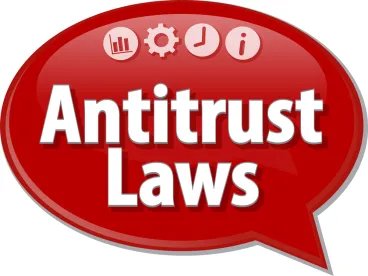The leadership of the Federal Trade Commission (FTC) and the Antitrust Division of the Department of Justice uniformly describe the mandate of their respective agencies as one of antitrust “enforcement” and not “regulation.”
In keeping with that mandate, these agencies have shunned the use of conduct remedies (e.g., injunctive provisions that regulate post-merger business conduct or pricing authority) to address potential antitrust concerns with a proposed merger, seeking instead to either block or impose a structural remedy (generally a divestiture) that eradicates the antitrust concern entirely.
However, the FTC’s stance with respect to conduct remedies appears to have softened. A case in point is the FTC’s recent agreement to accept a conduct remedy to resolve antitrust concerns with a significant transaction in the pharmaceutical industry. Specifically, the transacting parties agreed primarily not to bundle products as a means to secure from pharmacy benefits managers preferential placements or exclusionary access to their drugs in order to address the FTC’s foreclosure-related concerns.
In announcing the agreement, FTC Chair Khan made a point of noting that “[t]he FTC assesses each merger based on the specific facts at hand, and there is no guarantee that the relief achieved in this matter would adequately resolve concerns about cross-product bundling in any future merger actions.” Nevertheless, it would appear that, under the right circumstances, the door to conduct remedies has been reopened.






 />i
/>i

